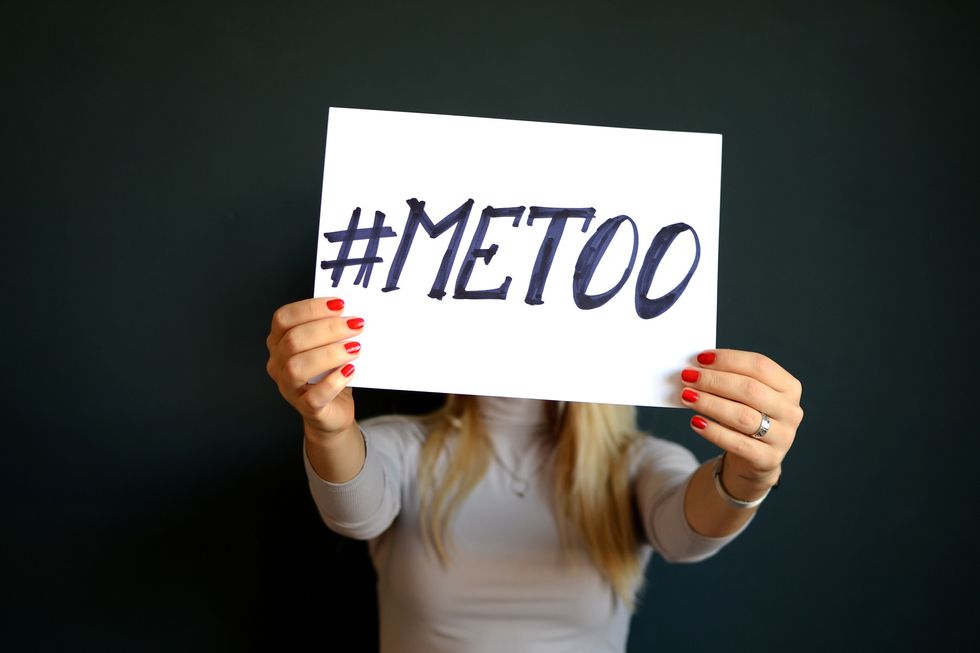A few weeks ago, I wrote an article commending Junot Diaz for his article about his sexual assault as a child. I lauded him for his bravery, hoping that the article would give others the courage to step up and report their own experiences.
Well, I got all I hoped for and more when Diaz himself was called out for forcing himself on one woman and misogynistic behavior towards countless others.
Now, don’t get me wrong. I was (or tried to be) prepared for this. I took a class based around Diaz and his works this semester and the article was definitely a large breakthrough for my classmates and I. Our professor warned us that there was a theory hovering that Diaz knew his time under the #MeToo magnifying glass coming and that the article was intended to be his shield. I braced myself for the allegations and it wasn’t enough.
I wasn’t shocked, per se. More, angry. Straight up anger. I sat and skimmed and analyzed his books for my final project with a whole new lens, a foggy and warped one. Or maybe I just looked at his work with rose-colored lenses before, and this true clear look into his writing was just one I didn’t like.
Diaz has owned up to his actions, he’s even backed out of festivals and stepped down as the Chairman of the Pulitzer Prize board. He’s not lashing out at his victims, but hearing their stories and wanting to engage in the #MeToo movement and be part of the conversation. It’s hard to put him in the same category as other predators such as Donald Trump and Harvey Weinstein, and I don’t think he ought to be conflated with monsters like them anyways.
But where do his readers go from here? Where does anyone who has an idol turn out to be less than perfect, or even problematic, go from that point? Do you cut them out of your routines and habits, or do you keep them with a sense of unease or caution?
I can’t speak for others. I definitely cannot speak for the Dominican community that is affected most by this entire situation. But I personally, as a reader, fan, and student, plan to keep Diaz and his writing in my life and take them with a grain of salt like I do anything else I read or watch.
His presence as a Pulitzer Prize-winning author of color is important. His stories concerning immigrant narratives, such as the collection “Drown” offer so much in terms of representation. I recently bought my goddaughter his new children’s book “Islandborn” not because she needs to see kids who look like her in picture books, but more people who don’t look like her.
Junot Diaz did awful, vile things to women. They know. You know. I know. He knows. I’m going to believe the best in people and assume he wrote his article not to save his own ass from impending allegations, but to explain himself to keep the narrative going and get to #MeToo from the very roots: overreaching and bounding-busting masculinity and patriarchy from tender, impressionable ages.
The past cannot be changed, but the future can be molded. Diaz cannot take back his actions and words, but he can apologize with new words and show his humility and regret with new actions. And he’s doing just that. Personally, I’m a believer in second chances. Are we as a community believers too?

















